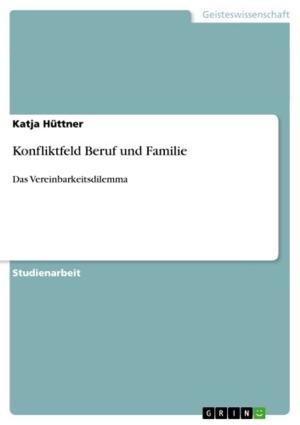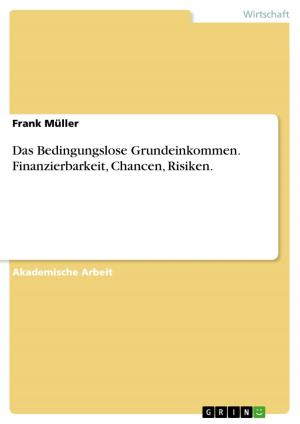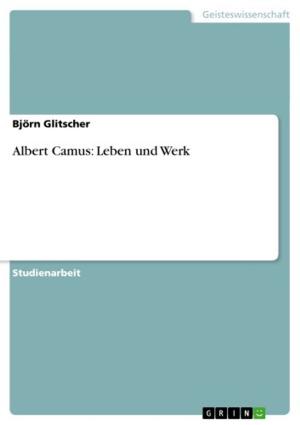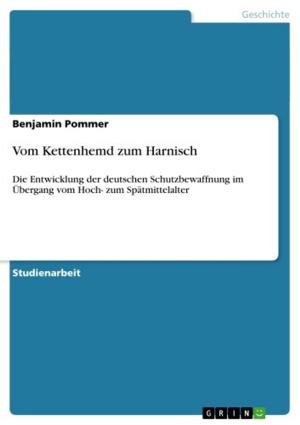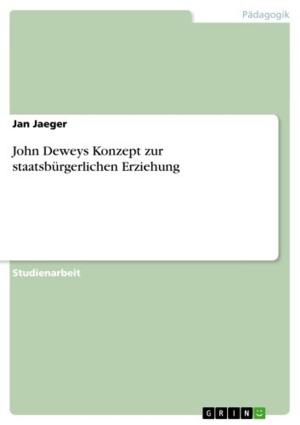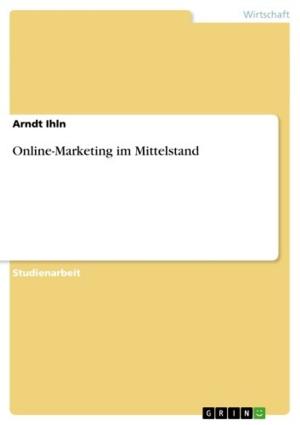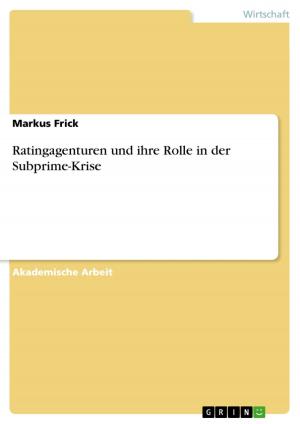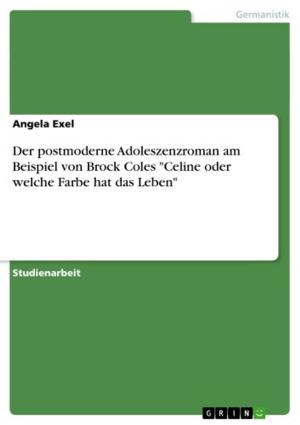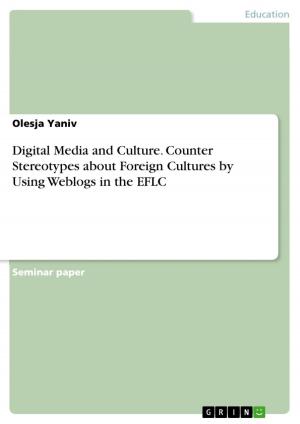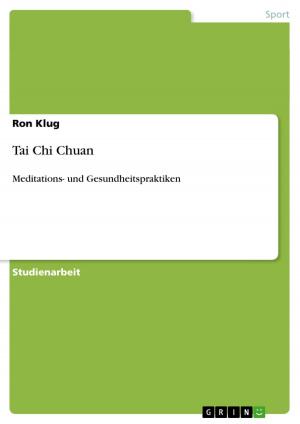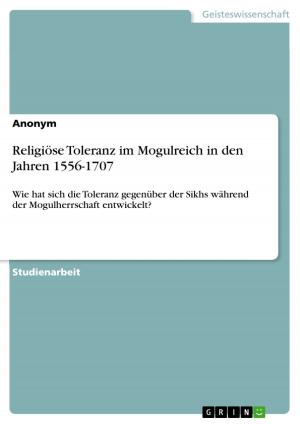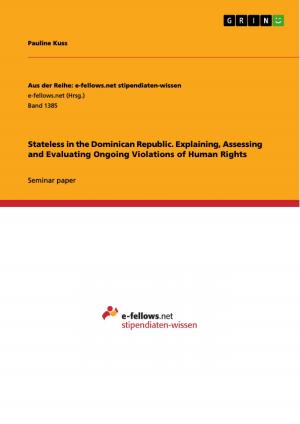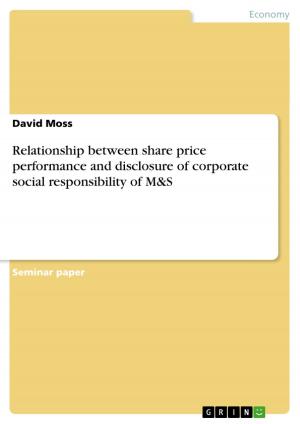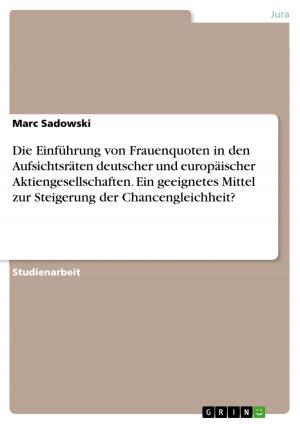| Author: | Katharina Czerwinski | ISBN: | 9783656327325 |
| Publisher: | GRIN Verlag | Publication: | November 30, 2012 |
| Imprint: | GRIN Verlag | Language: | English |
| Author: | Katharina Czerwinski |
| ISBN: | 9783656327325 |
| Publisher: | GRIN Verlag |
| Publication: | November 30, 2012 |
| Imprint: | GRIN Verlag |
| Language: | English |
Seminar paper from the year 2009 in the subject English Language and Literature Studies - Linguistics, grade: 1,3, Ruhr-University of Bochum (Englisches Seminar ), course: Tense, Aspect and Modality, language: English, abstract: This paper is concerned with the question whether English has such a thing as a future tense and if this is the case, how it is formed. As a fact, 'it is not uncommon for a language to have more than one gram which has future as a use' (Bybee, Perkins and Pagliuca 243). As we shall see, the English language possesses a wide range of future markers which in general only contribute to the variety of a language: '[T]he continued vialibilty of multiple forms in a given language is insured by differences in the range of uses to which each may be put' (ibid.). In this context I shall give an overview of the tense/time debate which has heated up amongst scholars and try to differentiate between the main forms of English future markers.
Seminar paper from the year 2009 in the subject English Language and Literature Studies - Linguistics, grade: 1,3, Ruhr-University of Bochum (Englisches Seminar ), course: Tense, Aspect and Modality, language: English, abstract: This paper is concerned with the question whether English has such a thing as a future tense and if this is the case, how it is formed. As a fact, 'it is not uncommon for a language to have more than one gram which has future as a use' (Bybee, Perkins and Pagliuca 243). As we shall see, the English language possesses a wide range of future markers which in general only contribute to the variety of a language: '[T]he continued vialibilty of multiple forms in a given language is insured by differences in the range of uses to which each may be put' (ibid.). In this context I shall give an overview of the tense/time debate which has heated up amongst scholars and try to differentiate between the main forms of English future markers.

